US, UK strikes only strengthen Yemen’s power in West Asia: Top Russian diplomat
A high-ranking Russian diplomat says US and British airstrikes across Yemen have failed to weaken the Arab nation’s naval units in performing operations against Israeli-linked vessels in the Red Sea, and have instead consolidated their power in the West Asia region.
“Instead of making efforts to calm down the situation, some countries are extinguishing fire with gasoline and are opting for a force method. This can be said about the situation in the Red Sea, where the so-called coalition led by the United States and United Kingdom is carrying out aggression against Yemen,” Russian Permanent Representative to the United Nations Vasily Nebenzya said at a UN Security Council meeting on the situation in Yemen on Tuesday.
He emphasized that even though US and British forces have been pounding Yemen, a sovereign West Asian country, for nearly six months, they have failed to impair the military potential of its armed forces, which have managed to conduct a drone attack against the coastal city of Tel Aviv in the 1948 Israeli-occupied territories.
“Moreover, we see an opposite effect: The [Ansarullah] movement has consolidated its authority in the region and the intensity of attacks on [Israeli-affiliated] commercial ships increased,” Nebenzya pointed out.
Yemenis have declared their open support for Palestine’s struggle against the Israeli occupation since the regime launched a devastating war on Gaza on October 7 after the territory’s Palestinian resistance movements carried out a surprise retaliatory attack, dubbed Operation Al-Aqsa Storm, against the occupying entity.
Yemeni Armed Forces have said that they won’t stop their attacks until Israeli ground and aerial offensives in Gaza, which have killed at least 39,090 people and wounded another 90,147 individuals, come to an end.
The leader of the Ansarullah resistance movement, Abdul-Malik al-Houthi, has said that it is “a great honor and blessing to be confronting America directly.”
The attacks have forced some of the world’s biggest shipping and oil companies to suspend transit through one of the world’s most important maritime trade routes. Tankers are instead adding thousands of miles to international shipping routes by sailing around the continent of Africa rather than going through the Suez Canal.
China expected to raise Iran oil imports amid Venezuela tensions: Report
Advocacy groups launch media campaign to ‘save’ Palestinian prisoners
VIDEO | Venezuelans call for release of kidnapped President Maduro
VIDEO | Israel keeps Rafah crossing closed
UN demands Israel end ‘apartheid system’ in occupied West Bank
VIDEO | Press TV's news headlines
VIDEO | Israel dreams of chaos in Iran
VIDEO | Iran's pharmaceutical story




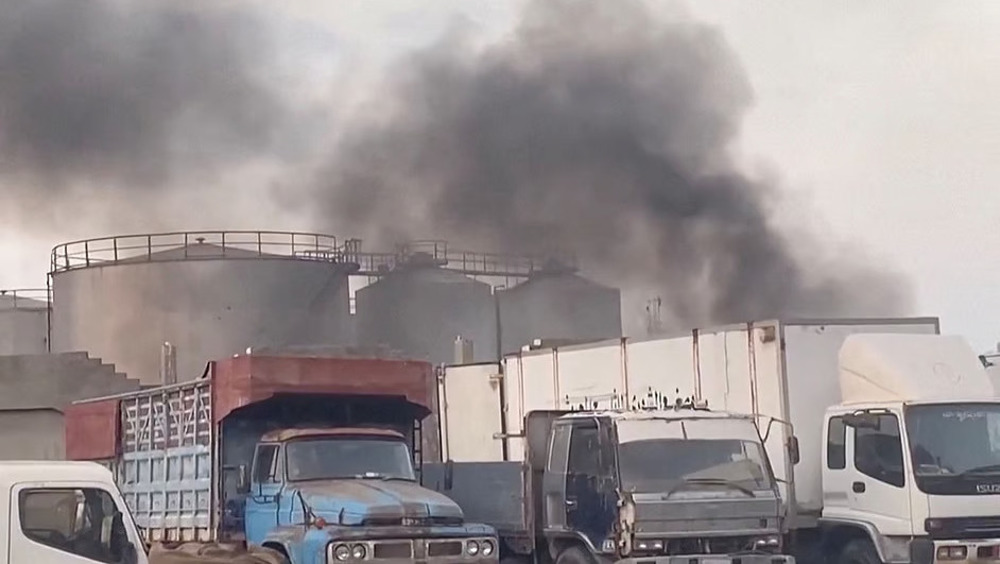

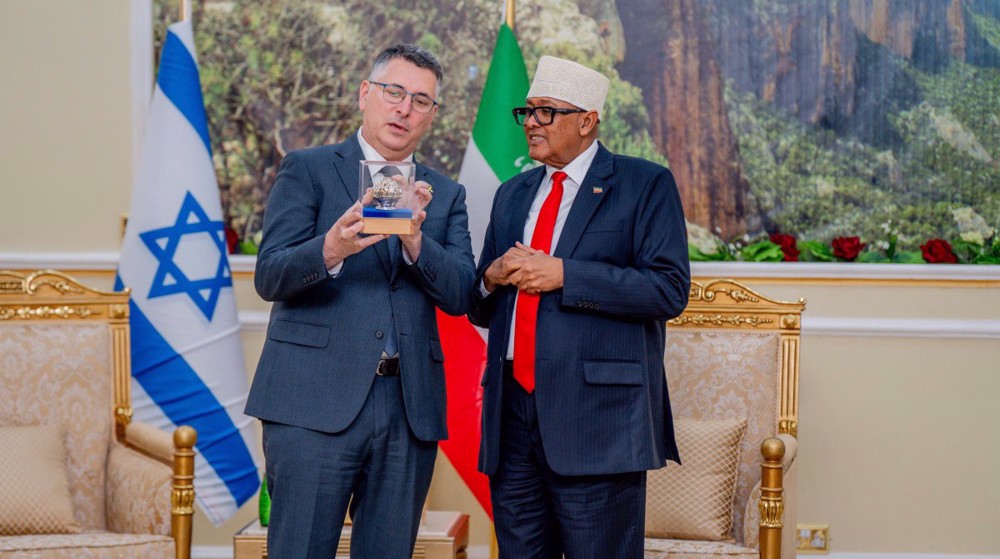



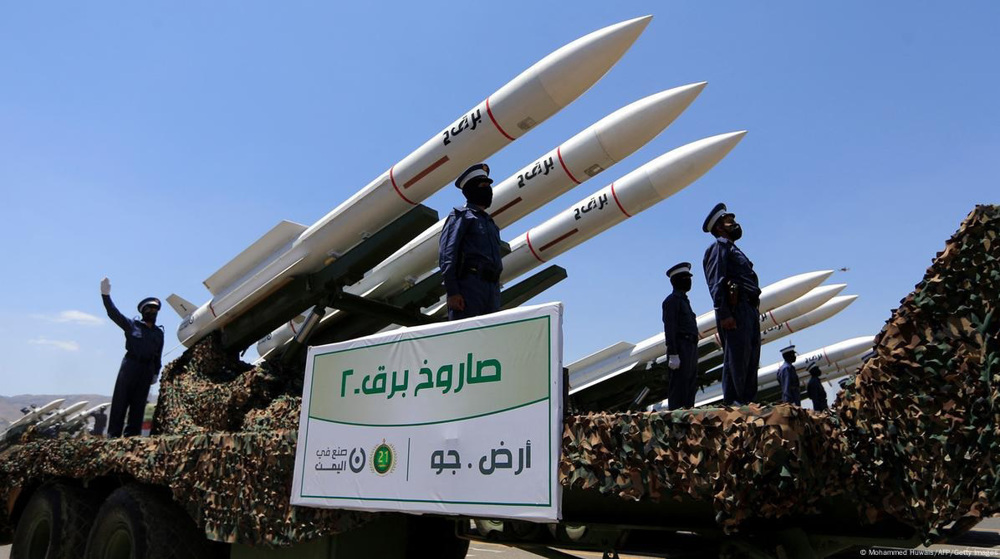
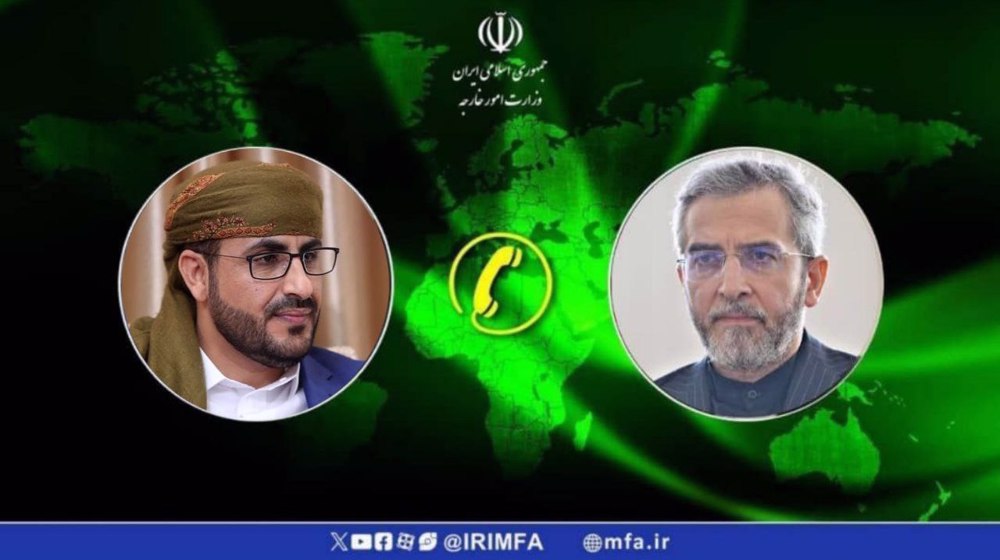



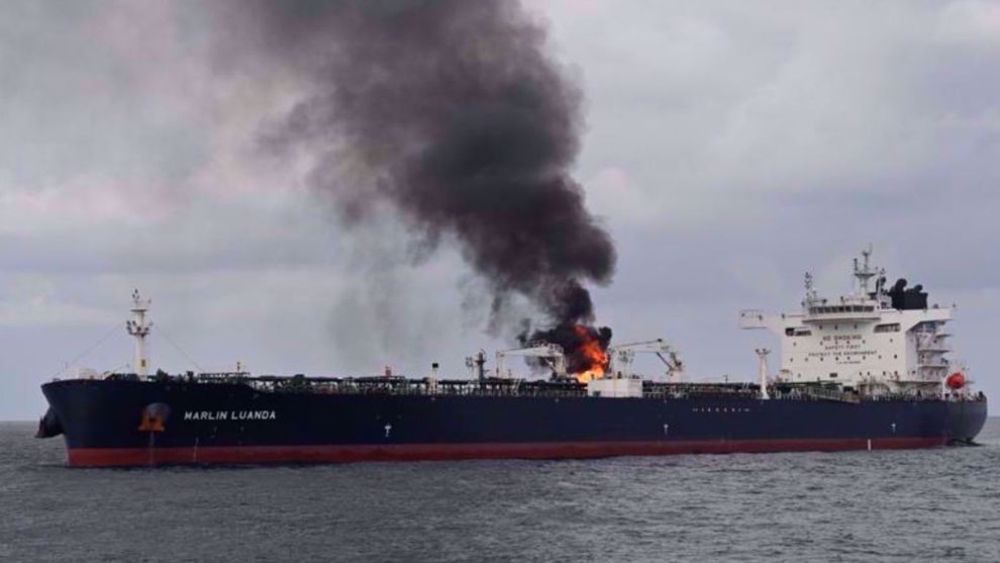


 This makes it easy to access the Press TV website
This makes it easy to access the Press TV website